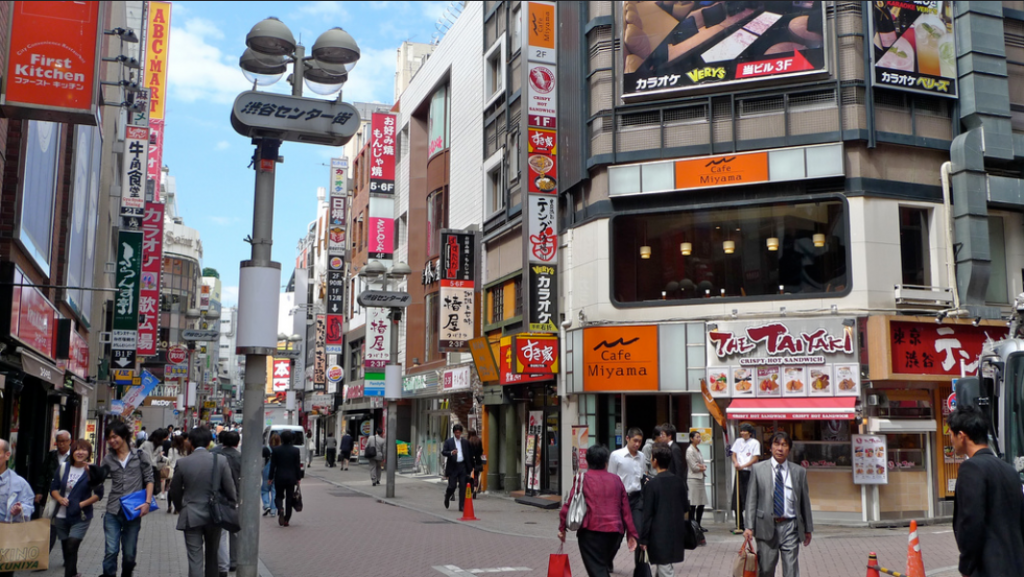Japan is in need of over 345,000 foreign workers to fulfill the demand for workers for fourteen different industries across the country. What makes this job opportunity quite exciting for many Filipinos is that the workers are allowed to bring their families with them, with the possibility of gaining ‘immigrant’ status.
Difference from TITP
In partnership with the Philippines, Japan has been accepting Filipinos to the Technical Internship Training Program (TITP). However, in TITP, the workers are actually only considered as ‘trainees’ and are not allowed to extend their contract beyond the 5-year schedule.
TITP aims to provide training for these individuals, so they can develop skills they can use back in their home countries.
The new employment track to be launched by Japan will allow Filipinos to get a “specified skilled worker visa”. The track will be launched this April 2019.

Photo credit: The Truth About Cars
Under the new track, the workers could bring their families to Japan and eventually apply for immigrant status.
14 Job Categories
Under the new employment track, Japan will be hiring 345,000 foreign workers to fill vacancies under these 14 different industries and categories:
- Accommodation industry
- Agriculture
- Automobile repair and maintenance
- Aviation industry
- Building cleaning management
- Care workers
- Construction
- Electric, electronics and information
- Fishery and aquaculture
- Food service industry
- Industrial machinery
- Machine parts and tooling
- Manufacture of food and beverages
- Shipbuilding and ship machinery
There is good news that awaits those who are already working in Japan under the TITP. Workers current under TITP are allowed to migrate to this new employment track, changing their visa from ‘trainee visa’ to ‘specified skilled worker visa’.
This means that the part-time TITP trainees could now work full-time.

Photo credit: Flickr / David
As for new applicants to Japanese employment programs, POEA administrator Bernard Olalia said that they need to pass two requirements: language proficiency exam and skills test. He added that the requirements will be stricter in this new employment track but the benefits are going to be better.
